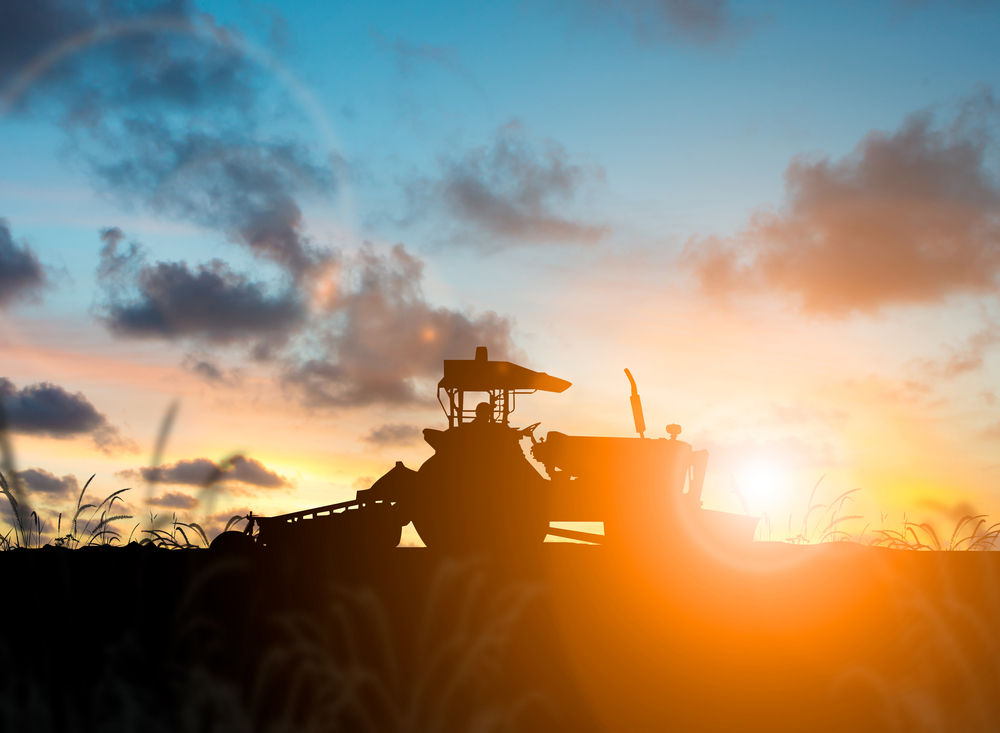
Automation of the agricultural sector will increase, according to experts. Image source: Shutterstock (#492268483)
Artificial intelligence, algorithms, robots and other forms of automation have already reshaped agriculture, but realigning social and economic foundation towards a highly automated economy is easier said than done. In the past few decades, the world saw a rapid decline in the workforce in agriculture, but with fewer people than ever we are at an all-time high for productivity with low prices at the same time.
With the world’s population increasing and the results of climate change becoming more apparent, paving the way for automation is a priority, propagated Salah Sukkarieh, professor of robotics and intelligent systems at the University of Sydney, at the Falling Walls conference in Berlin.
Robots can monitor water levels and soil types, collect data to be stored and analyzed in order to help farmers harvesting, replant and use pesticides more efficiently. The high upfront capital costs for the robots themselves, infrastructure and training of personnel are an obstacle, but embracing automation is vital for our future, Sukkarieh indicated.
The GuardianWhy not share this article?







